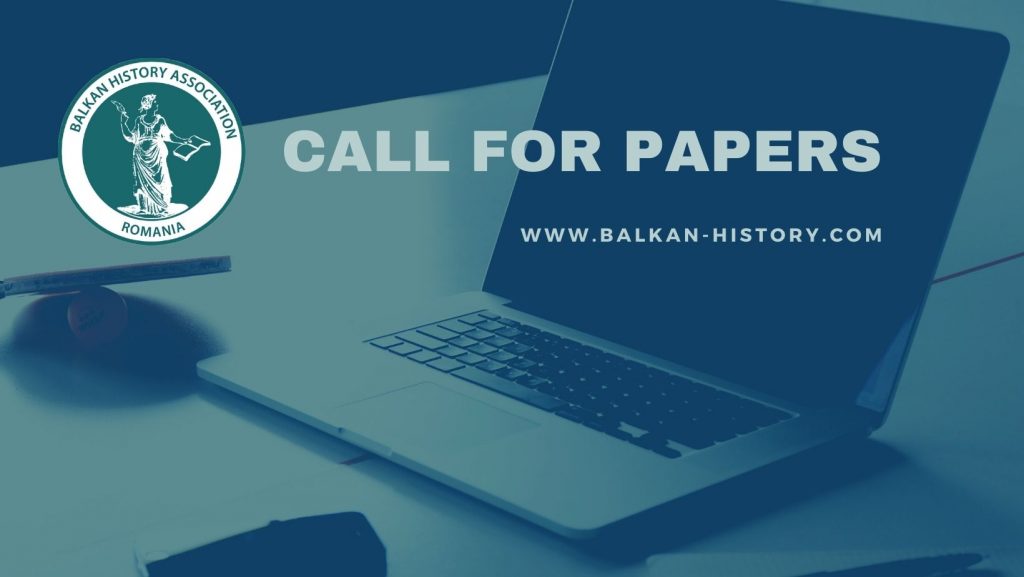More than a decade has passed since the onset of numerous Ukraine-centered crises (with global geopolitical relevance), marked by the Ukrainian Orange Revolution, Euromaidan, Russia’s annexation of Crimea, flirtation with a greater physical NATO presence inside of Ukrainian territory and possible NATO membership, the subsequent war in Eastern Ukraine, and finally the “special military operation” soon thereafter. These crises have been prime examples of advanced hybrid warfare, forcing the immediate neighborhood of Eastern and Southeastern European countries to navigate a complex landscape of political, economic, and security challenges. Indeed, governments across the European Periphery have issued quite diverse and constantly adapting statements in response to these crises. This volume explores reactions from these European Periphery countries and their positions toward the various Russian-Ukrainian crises, assessing how these contemporary political responses are also influenced by and lensed through complex historical experiences and quite nuanced geopolitical/diplomatic dynamics.
The impactful research questions are: What have been the economic, security, diplomatic, geopolitical, societal, and humanitarian impacts of the Russian-Ukrainian crises on Eastern and Southeastern Europe?What security measures have Eastern and Southeastern European countries implemented in response to the perceived threats emergent from and affecting beyond Ukraine? What diplomatic strategies have these countries employed to balance the difficult relations with both Russia and the West? How have the unconventional methods of hybrid warfare – cyber-attacks, disinformation, paramilitary organizations, and propaganda – influenced public perception and governmental policies overall in Eastern and Southeastern Europe? How have the crises influenced migration patterns and refugee flows in the region? What similarities and differences can be observed in the strategies adopted by different countries within the European periphery and how have these maneuvers impacted cross-relations throughout Eastern and Southeastern Europe?
The Balkan History Association is preparing a volume on hybrid war in Eastern and Southeastern Europe. The editors propose that contributors look at lessons to be drawn from the Ukrainian experience, to demonstrate what the potential long-term implications of the Ukrainian crises are when it comes to political stability and security across the European Periphery. Finally, the editorial project will address what has been up to now a largely disregarded and discounted priority: with Ukraine overall acting as a sort of basemap for a new “Cold Proxy War” between Russia and the United States, how does this act on the affairs of the countries of Eastern and Southeastern Europe? Understanding this causal impact will bring to light new information and knowledge about just how far-reaching and impactful the Ukrainian crises might be well outside of Kyiv and Moscow.
Submission procedure
The volume will be published by Peter Lang (in the series “South-East European History”). Original manuscripts should be prepared following the editorial guide of Peter Lang available on its website, especially “Style Guidelines – British English” and “Submission Guidelines“. You can see the chapters of this open access volume to understand how manuscripts should be edited. Manuscripts must not have been published, submitted for publication or available on the internet elsewhere. Please submit your proposal, including the title of your manuscript, an abstract (up to 300 words), and an author’s biography (up to 100 words). The abstract should include the research question and purpose, the approach and main ideas, and results. No figures, tables, footnotes, or endnotes should be included in the abstract. Articles should not exceed 8,000 words in length including footnotes and references (reference list or bibliography). The volume may contain up to 20 black-and-white images.
Contact: intellhistory@gmail.com
Deadlines
April 20, 2025: Submit the proposals to editors
May 15, 2025: Notification of accepted proposals
August 1st, 2025: Receipt of full studies for review
October 30, 2025: Revised studies re-submitted to the editors
Editors
Matthew Crosston (Bowie State University, USA)
Przemysław Gasztold (War Studies University, Warsaw)
Mihaela Teodor (National Intelligence Academy, Romania)
Bogdan Teodor (National Intelligence Academy, Romania)
Gintaras Labutis (Military Academy of Lithuania, Vilnius)
Please circulate this call for papers among your colleagues and other potentially interested scholars.

